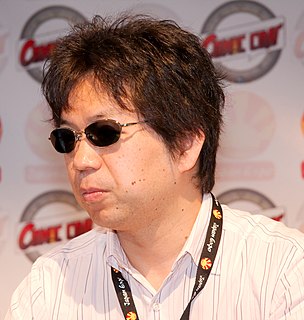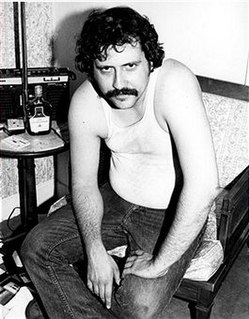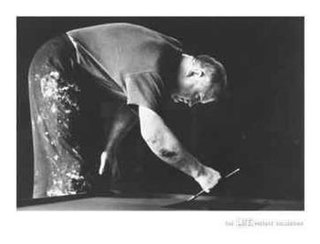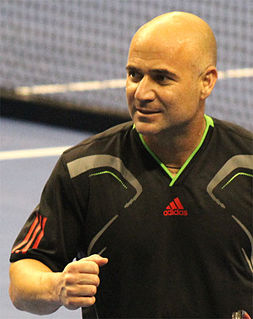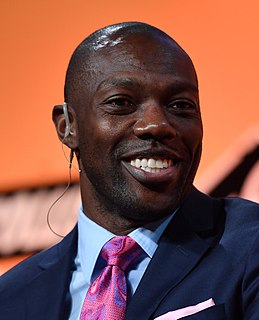A Quote by Karan Mahajan
The problem of empathy is pretty universal, and pretty much breaks down across America. People can't feel beyond their drawn borders. And skin color and culture have a lot to do with that.
Related Quotes
I teach a graduate seminar called "Theorizing Improvisation" that is pretty interdisciplinary, but really makes students deal with black studies seriously. A lot of authors of color, a lot of women of color - those become central to the intellectual trajectory. It considers music, but it also considers areas of thought that might seem unrelated to music. That's partly because we're expanding the notion of what music is beyond objects, beyond scores, beyond things.
I think you just have to be comfortable in your skin. But, I'm a nudist in any case. I've never had a problem with my body and I don't really care what people think, so I have bottoms on and pretty much go topless, or also when we shoot - we did a lot of nude pictures today, too - it doesn't bother me in the slightest.
As a twelve-year-old girl, I thought that I was only pretty if the people on social media told me that I was pretty - and they weren't telling me I was pretty. So I didn't think I was pretty, and I was really down on myself, and I really was sad with myself. But social media doesn't give you validation or make you pretty. You make you pretty.
Empathy is like a universal solvent. Any problem immersed in empathy becomes soluble. It is effective as a way of anticipating and resolving interpersonal problems, whether this is a marital conflict, an international conflict, a problem at work, difficulties in a friendship, political deadlocks, a family dispute, or a problem with a neighbor.



